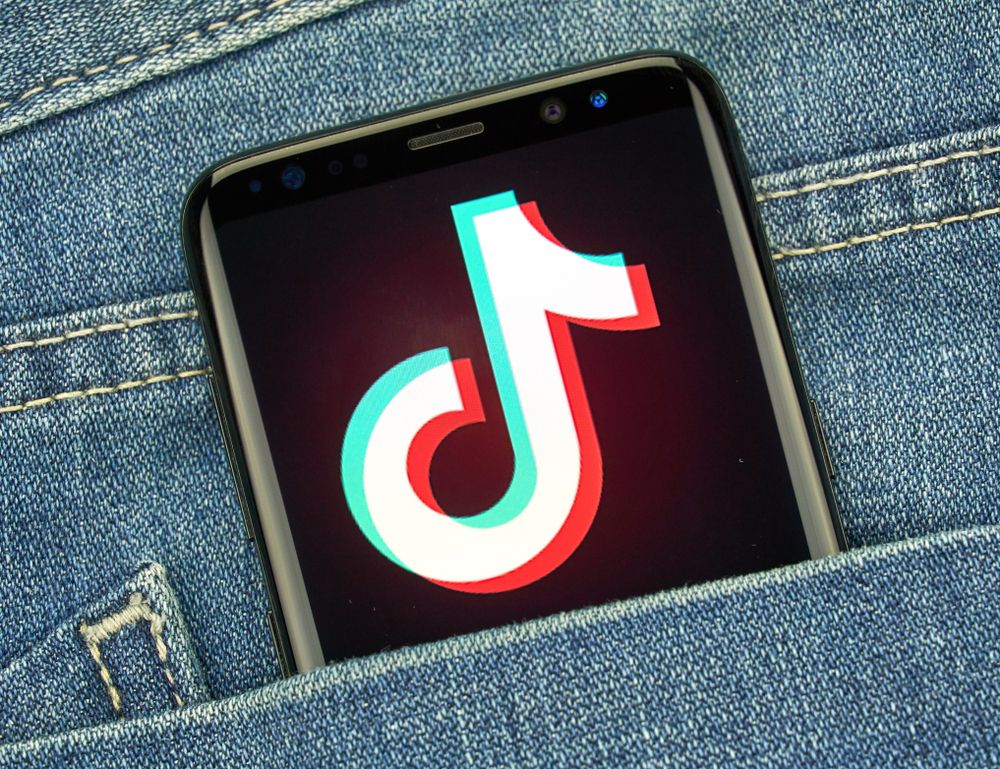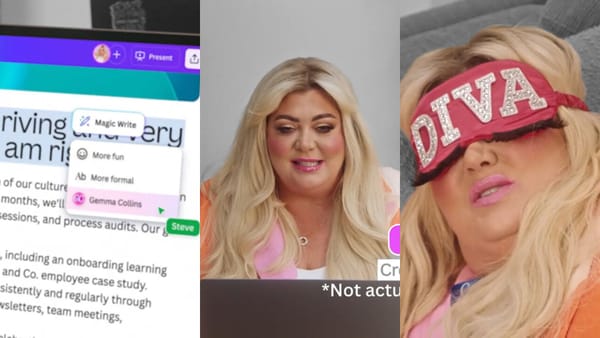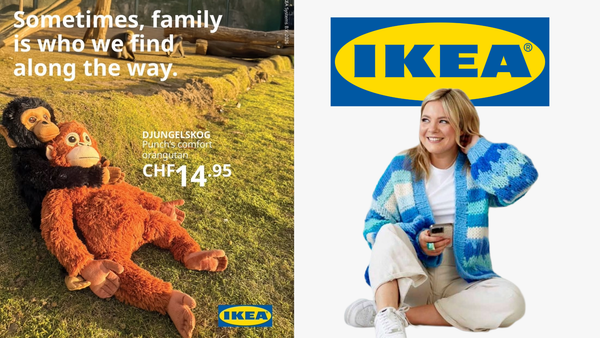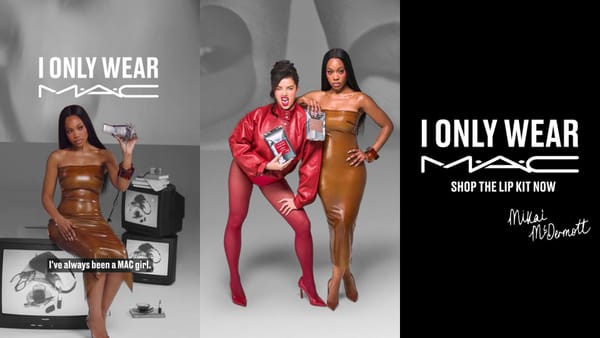TikTok has been working well so far. TikTok, called Douyin in China, is a short video sharing app, and ByteDance, a Chinese unicorn company, has managed TikTok in not only China but also over 150 countries as of 2018. TikTok already has many audiences because ByteDance smoothly took over the app formerly known as Musical.ly, which used to be popular with Gen Z. We could say that TikTok is the most advantageous and emerging platform in the current social media world.
Will it succeed?
Of course, that doesn’t necessarily mean that it will be easy for TikTok to succeed. If anything, there are still many challenges to overcome. In April, TikTok was banned in India for a period of time because the authorities believed that it encouraged paedophiles and pornography. Early this year, TikTok US had no choice but to agree to pay $5.7 million fine to theFederal Trade Commission because they illegally collected information from users under the age of 13. The Children’s Online Privacy Protection Act requires websites and online services to direct children under 13 to get parental consent before collecting personal information. Furthermore, a report by the Peterson Institute for International Economics warned the serious risk, highlighting that the data TikTok received from American users might be transferred to China through their policy. If so, this is a severe security problem for Americans. Trump might start to crack down on TikTok in the not-so-distant future but the issue of compliance is something ByteDance can no longer underestimate.Partnership is critical
What if ByteDance partners with companies to survive in this kind of situation? ByteDance has already partnered with Multi-Channel Network, which already has popular online video creators under its belt. But they should positively collaborate with influencers and even third-party companies. Apparently, ByteDance was preparing for a new partner program, and this is an essential step because they have to let influencers get paid. If ByteDance couldn’t set such a partner program for influencers, it would be challenging to recruit popular online video creators from the likes of YouTube.I strongly believe that TikTok’s competitor is not Instagram but YouTube because YouTube already has a partner program.YouTube Partner Program helps YouTubers
monetise their own activities. YouTubers can earn their money according to the number of views their channel receives. Other than that, some YouTubers have gained money in collaboration with sponsored companies. The point is that YouTube admits such partnership deals between YouTubers and companies. Maybe they know the content is king and realised that they had to let content creators get paid. I think their strategy is correct as influencers have to be able to monetise their content if they want to continue to release high-quality, engaging content.







